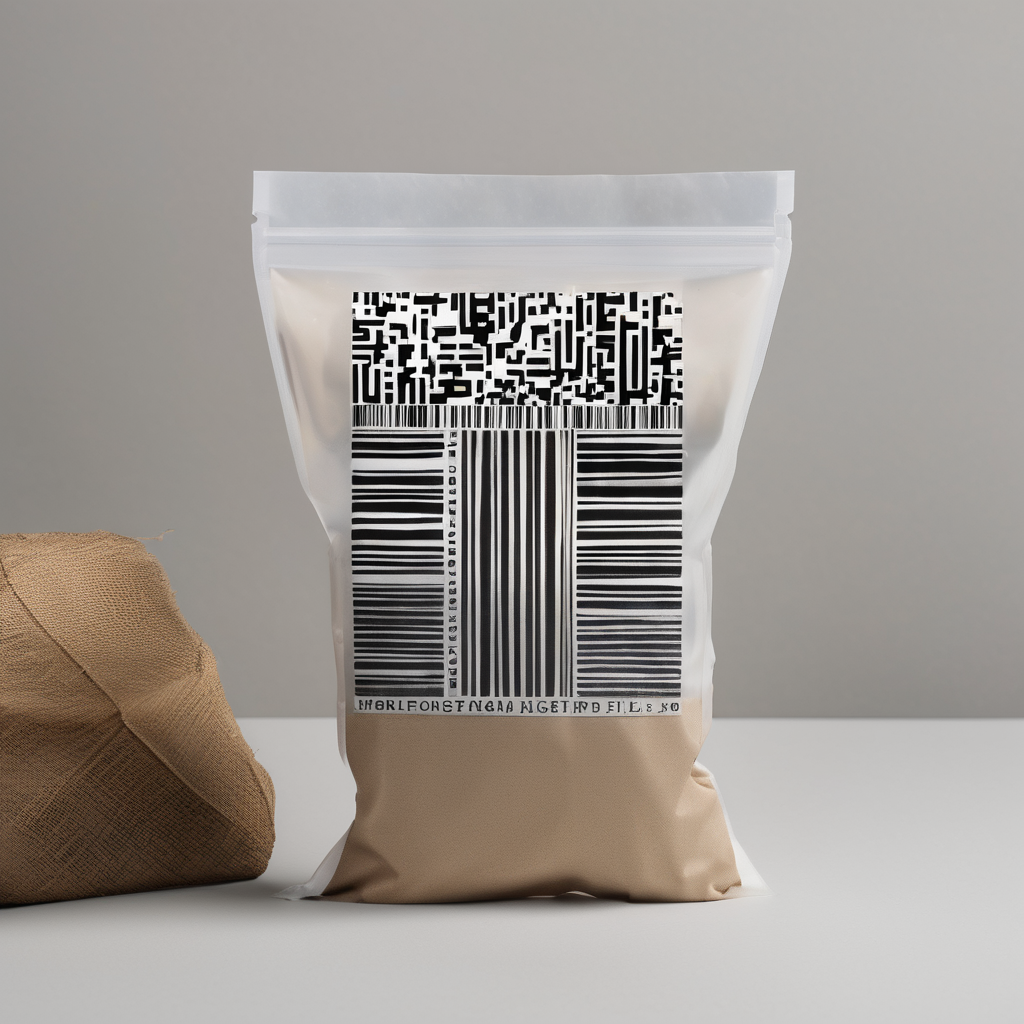The Lautoka High Court has rejected an application from Frederick Epeli, a prominent figure in a notable cocaine case, seeking access to evidence related to the case. This decision comes in the wake of revelations that the seized cocaine, weighing 2,015.7 grams, has gone missing from police custody. On October 24, 2025, Justice Riyaz Hamza delivered the ruling, explaining that the absence of the evidence prohibits the court from granting Epeli or his attorney the opportunity to view or test the exhibits.
Justice Hamza noted that the State confirmed the cocaine was reported missing from the Namaka Police Station on December 7, 2020, making it impossible for the defense to conduct any inspection. “Since the State has submitted that the 2,015.7 grams of cocaine is not available, the Court is not in a position to make any orders permitting the Applicant or his Counsel to view or inspect the said exhibits,” he stated.
Epeli had requested access to examine the evidence, investigate the circumstances of its storage, and obtain police investigation documents related to the missing drugs. However, the court clarified that the internal police investigation file is classified as a privileged document and cannot be made available to the defense.
The court maintained that it remains the prosecution’s obligation to demonstrate the chain of custody for the seized drugs during the trial process. Alongside co-accused Justin Steven Mashi Ho, Epeli confronts serious allegations of attempting to export a substantial quantity of cocaine to Sydney, Australia, on December 23, 2018.
This ongoing case underscores the significant challenges faced by courts in drug-related trials, especially regarding the management of evidence. The legal proceedings draw attention to the necessity for the judicial system to safeguard the integrity of the trial process while tackling the pressing issue of drug trafficking.
Though the situation presents challenges, the scrutiny of evidence handling within the judicial process reflects a dedication to justice and public safety. As the trial continues, there is hope that due processes will clarify these serious charges, aiding in broader efforts to combat drug-related crimes effectively.
